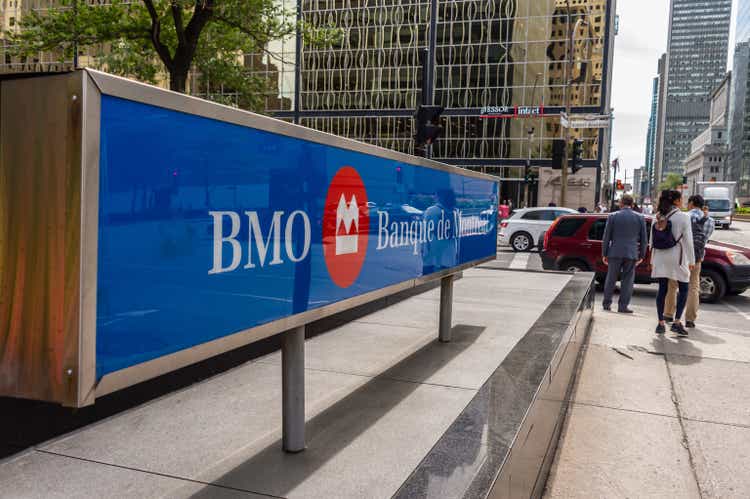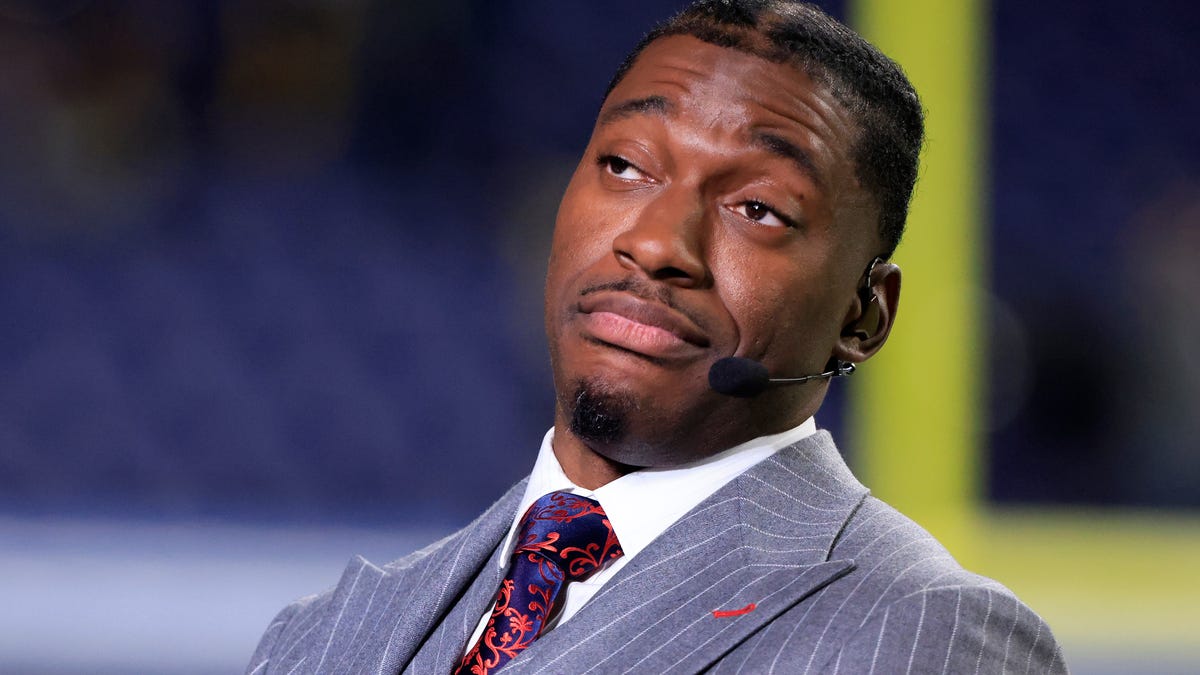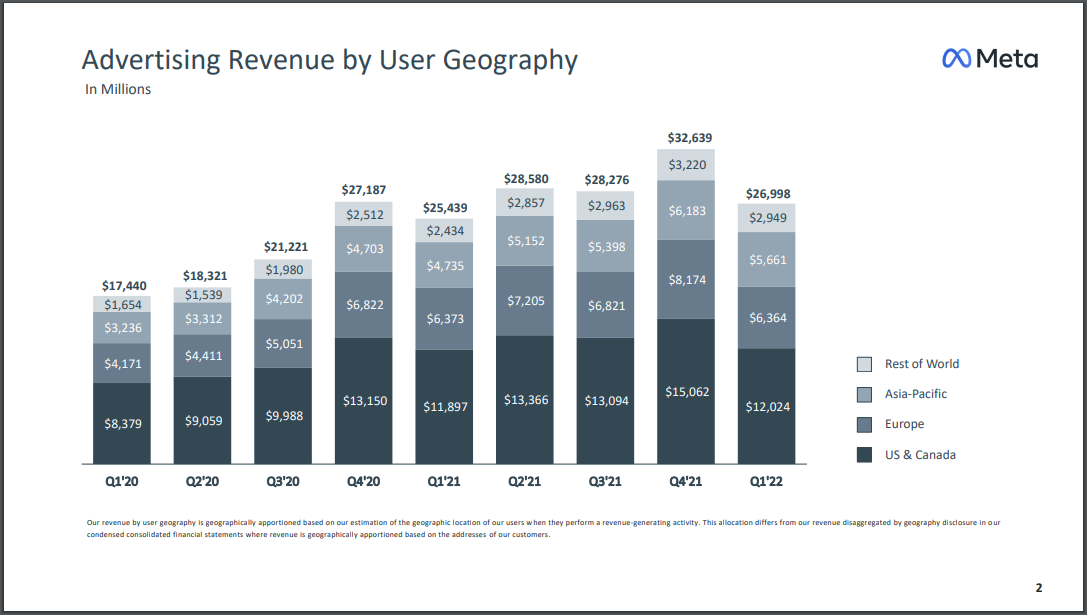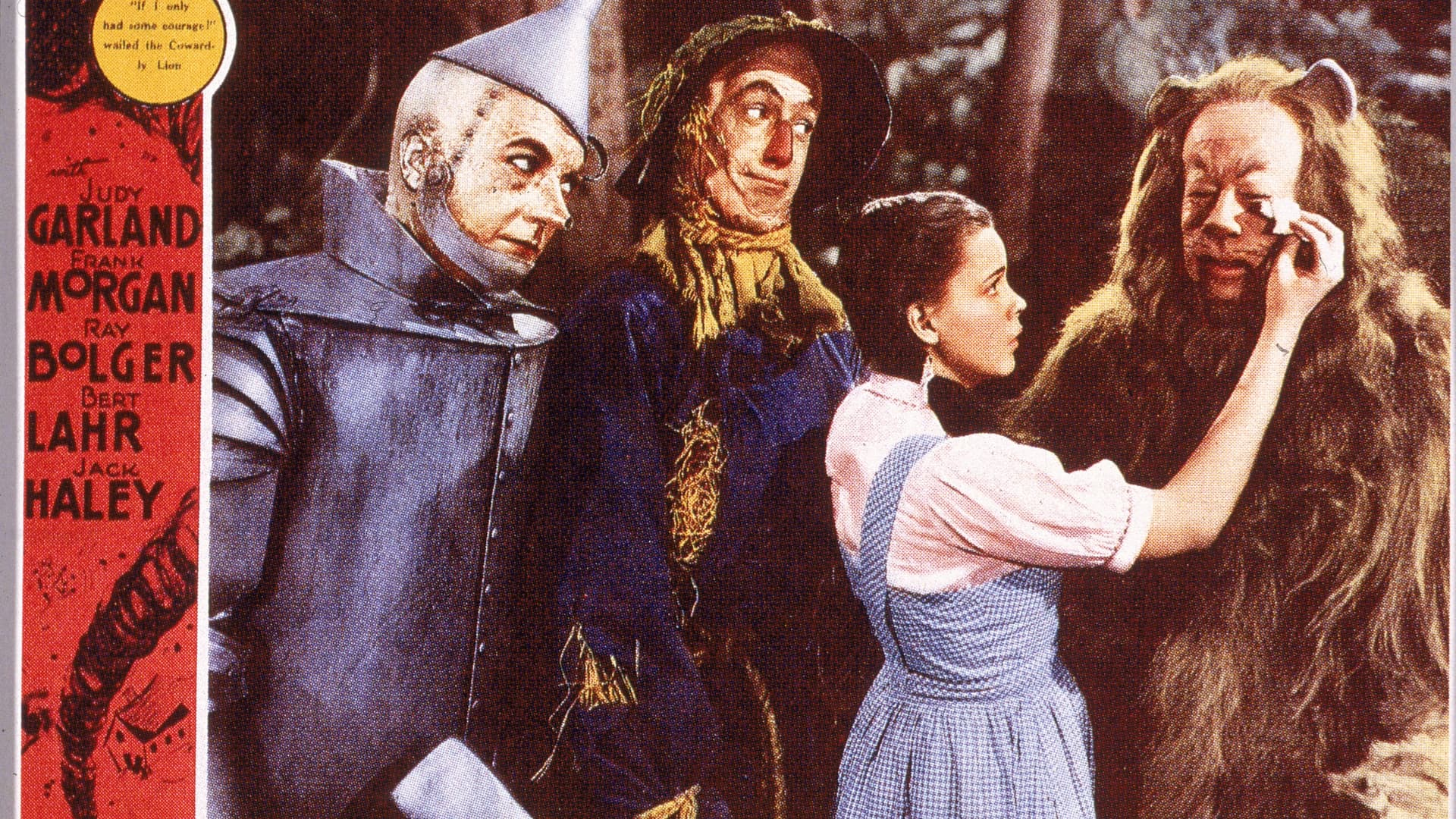© Reuters. FILE PHOTO: A general view of the U.S. Supreme Court building in the rain the day before the start of the court’s new term in Washington, U.S. October 2, 2022. REUTERS/Jonathan Ernst
By Nate Raymond
(Reuters) -The U.S. Supreme Court on Monday cleared the way for California to enforce a voter-approved ban in America’s most-populous state on flavored tobacco products, rejecting R.J. Reynolds Tobacco Company’s bid to block it on the grounds that the policy conflicted with federal law.
The justices denied the emergency request by R.J. Reynolds, a unit of British American Tobacco (NYSE:), and other plaintiffs to put on hold the ban on selling all flavored tobacco products in the state – including for vaping – that was overwhelmingly endorsed through a ballot measure on Nov. 8.
Democratic Governor Gavin Newsom in 2020 signed a law to ban products including menthol cigarettes and cotton candy-flavored vaping products, responding to concerns about a rise in e-cigarette and tobacco use by teens.
The ban’s implementation was delayed after a coalition representing the tobacco industry gathered enough signatures to put to voters a ballot measure that would halt California from becoming the largest state to date to bar flavored tobacco product sales.
But nearly two-thirds of voters casting ballots on the measure known as Proposition 31 approved the sales ban.
A day after the vote, R.J. Reynolds sued to block California officials from allowing the ban to take effect as planned on Dec. 21. It sued alongside a group representing tobacco retailers, the Neighborhood Market Association, and a vape shop.
An estimated 2.55 million U.S. middle and high school students reported using e-cigarettes in a report by federal health officials looking at a period spanning January to May of this year. Among those who reported e-cigarette use, nearly 85% said they used flavored versions.
The law would make California the second state to ban all flavored tobacco product sales after Massachusetts in 2019. Several other states have restricted flavored vaping products and several municipalities have adopted their own bans.
The FDA in 2020 banned all flavors except tobacco and menthol in Juul and other cartridge-based e-cigarettes. In June, the FDA sought to ban sales of all Juul e-cigarettes, though it later put the order on hold.
Beyond vaping, the FDA in April released a long-awaited proposal to ban menthol cigarettes and flavored cigars, a victory for anti-smoking advocates, though it is expected to take years to implement.
In the lawsuit challenging the California ban, R.J. Reynolds argued the federal Tobacco Control Act, which the U.S. Food and Drug Administration enforces, preempts state and local laws bar flavored tobacco product sales.
But a federal judge ruled those arguments were foreclosed by a decision in March by the 9th U.S. Circuit Court of Appeals upholding a similar ban in Los Angeles County.
The 9th Circuit on Nov. 29 denied the companies’ bid to block the statewide ban pending an appeal, prompting them to then ask the U.S. Supreme Court to intervene. R.J. Reynolds has separately asked the court to review the Los Angeles case.















